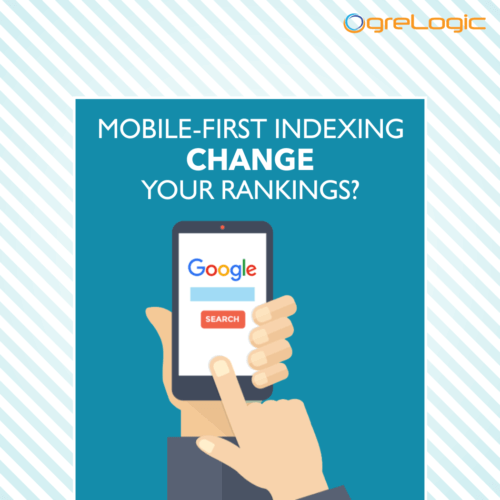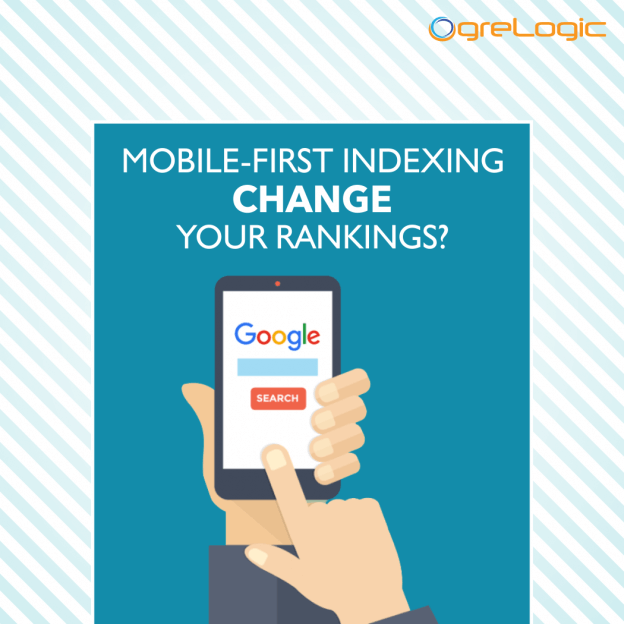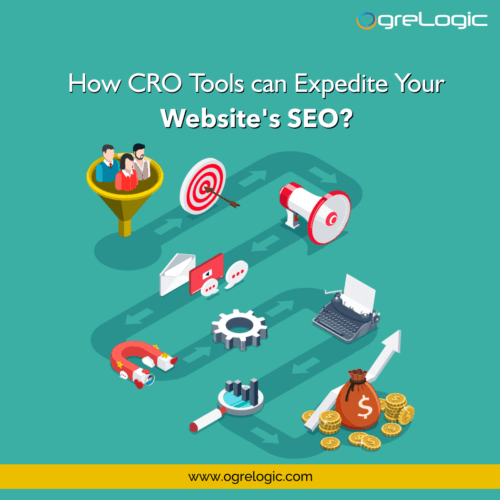Few days ago, Bing Ads made an announcement stating that advertisers will now be able to target multiple languages at the ad campaign level. This is a helpful update for advertisers who are unable to target their audience globally because of language constraints.
Before this update, Bing Ads did support multiple language targeting but was limited just to the ad group level. This means that multiple languages targeting setting had to be carried to different ad groups. Which also means that these ad group settings were not in alignment with Google Ads and thereby, causing issues when those ad campaigns were imported from Google Ads to Bing Ads.
Now, advertisers can set up multiple languages targeting at campaign level, however, the setting can also be set up at ad group level which will override the campaign settings. In order to set up multiple languages targeting at campaign level, you can select any of the 12 supported languages in the campaign setting. You can then go into the ad group settings and select the option to use the campaign setting for language targeting. If you want to change language settings across multiple ad campaigns and ad groups, you can simply use the bulk editing in the web UI.
This is a great update and addition to Bing Ads as it will allow advertisers to target additional languages and users relying on these languages. This will lead to greater generation of impressions and expand reach. Here is a quick tip as this article wraps up, Bing Ads does not translate your ads and recommends to write your ads in the targeting language.









